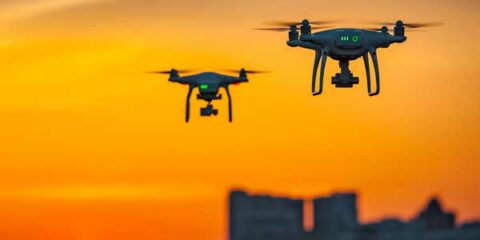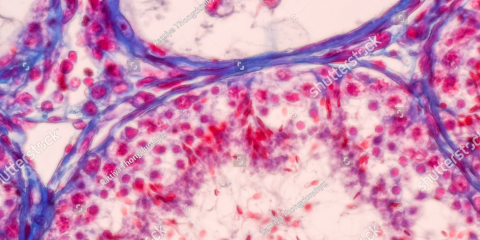Hyperspectral imaging that lives up to the hype
Traditional hyperspectral imaging solutions are difficult to use. They provide data that is hard to interpret and often non-actionable. Hinalea changes this by working with customers to provide an intelligent imaging solution that is:
smart
Data-rich images generated by the combination of high resolution spectral and spatial data are digested by AI-software that’s customized to your application
fast
Read results in real-time with information displayed on the device through embedded image processing and object recognition
flexible
The small and sleek modular designs mean the devices can be used in a diverse applications and environments
economical
Mechanical and optical innovations bring affordability to hyperspectral imaging while delivering incomparably high spectral and spatial resolution and image quality
Applications
Instant Insights
Leverage a complete, customized image solution that includes both the hardware and application-specific software to create insights into:
Case Study 01
Food safety.

Case Study 01
Food safety.
challenge
The presence of pathogenic microorganisms such as salmonella, listeria and E. coli in foods is a major threat to consumer safety and the food industry at large. The failure to detect these pathogens can result in severe outbreaks of foodborne illness. The economic burden of foodborne pathogens is over $100 billion annually and results in the death of over four hundred thousand people worldwide each year. Current methods for detection are costly, involve complicated sample preparation and require days to yield results thereby increasing the severity of outbreaks.
solution
Hinalea Imaging has developed a new means of rapid, reliable pathogen detection. The self-contained system combines hyperspectral imaging, microscopy and deep machine learning which includes automated sample loading and detection.
outcome
Collaboration with the USDA has demonstrated rapid identification of pathogens in under 4 hours thereby significantly reducing time to diagnosis and respond with a pathway to detection times of under an hour. This is revolutionary and changes pathogen detection and response from a laborious and time-consuming lab process to a user-friendly point-of-care solution.
Case Study 02
Food quality.

Case Study 02
Food quality.
challenge
Conventional machine vision systems are largely ineffective for the stringent evaluation of food and agricultural products. Commonly used machine vision systems utilize color video cameras with RGB filters that seek to replicate the imaging functionality of the human eye. This level of performance is inadequate for many of the functions required in modern processing environments.
solution
Hyperspectral Imaging is a next generation imaging technology that can be
used as an augmentation or replacement to existing machine vision systems.
Hyperspectral imaging provides high spectral and spatial resolution to enable comprehensive and data rich inspection of foods and other products. Hyperspectral imaging can be extended into the UV or IR range providing details on chemical and structural composition not discernable in the visible spectrum.
outcome
Hyperspectral imaging provides added spectral information that can be utilized by manufacturers for improved quality assurance in a broad array of food safety and quality areas, including1:
- Detecting harmful foreign objects like plastics, wood, stones, metals and glass
- Identifying mechanical damage like bruising and abrasion
- Measuring food quality through attributes like ripeness, decay, freshness and ingredient homogeneity
Case Study 03
Precision agriculture.

Case Study 03
Precision agriculture.
challenge
With global population set to hit 9 billion, the demand for food and water continues to grow. This heightened demand is going to put increasing pressure on the agriculture industry to improve crop yield and farm productivity.
This need comes to an industry already stressed by farm economics and one that is struggling to manage the impact of climate change
Precision agriculture is seen by many as a potential solution for the agriculture industry.
solution
Precision agriculture is a farming management technique based on measuring and responding to the inter and intra-field variability in crops. Precision agriculture couples new technology with traditional farming techniques so that farmers can do more with less.
Hinalea Imaging offers intelligent hyperspectral imaging solutions that can aid with the process of precision agriculture. Hinalea’s solutions couple state of the art imaging hardware with custom machine learning algorithms to solve specific farming problems. These systems can be mounted statically or deployed on UAV’s or other vehicles.
outcome
Hyperspectral imaging provides added spectral information that can be utilized by farmers for an array of precision agriculture applications:
- Plant health & hydration
- Weed mapping
- Disease detection
- Optimizing harvesting
Case Study 04
Industrial & defense.

Case Study 04
Industrial & defense.
challenge
In addition to our work optimizing and safeguarding food supply chains, Hinalea works with customers to solve their problems across a range of industrial & remote sensing applications. In each of these applications, the customer problem we are solving is different. Current projects include:
- Aerial surveillance for threat detection
- Identification of chemical degradation of pipes
- QA of electrical components and displays
- Inspection of packaging
- Classification of raw materials
solution
In each of these use cases, Hinalea has been able to configure its imaging platform to address our specific customer requirements. The flexible form factor allows Hinalea to develop solutions for the specific environments of interest:
- UAV mounted SWIR imager capable of real-time imaging & classification
- Imager mounted on crawler for inspection of pipes in environmentally hazardous areas
- Integrated In-line quality assurance system for product grading
- Stand-alone, end of line quality assurance system for quality sampling
Case Study 05
Bio-medical.

Case Study 05
Bio-medical.
challenge
Our hyperspectral imaging technology offers unique advantages and is ideal for biomedical and life sciences applications, ranging from laboratory analytical and research work to clinical and point of care use cases. Recently, a microscope configuration of our VNIR instrument was used for the study of the viability of spermatozoa and reproductive research.
solution
The effort lead by the IVI Foundation in Valencia, Spain sought to evaluate the reproducibility, sensitivity and specificity of hyperspectral imaging of individual spermatozoa immobilized prior to intracytoplasmic sperm injection (ICSI) to establish a unique fingerprint that identifies each cell. Employing the Hinalea imaging 4200 M and an Olympus IX73 inverted microscope they identified specific wavelengths bands and developed an automated image processing and sperm segmentation platform with a classification model that was sensitive to 93.84% with specificity to 96.76%. This has laid the groundwork to develop AI predictive tools to significantly reduce ICSI failures and reduce the need for couples to undergo several attempts to obtain a healthy newborn.
Other current applications include:
- Digital pathology, dermatological and ophthalmological research.
- Pathogen detection and identification of microorganisms.
- Optofluidic study of biochemical processes and drug discovery and development.










